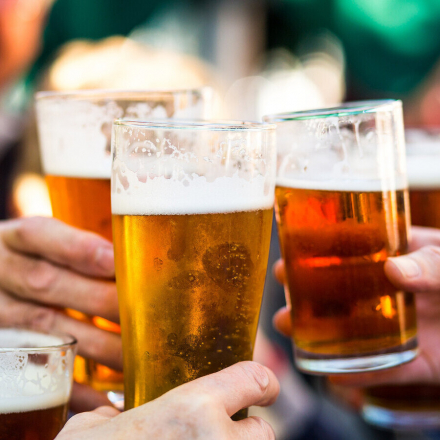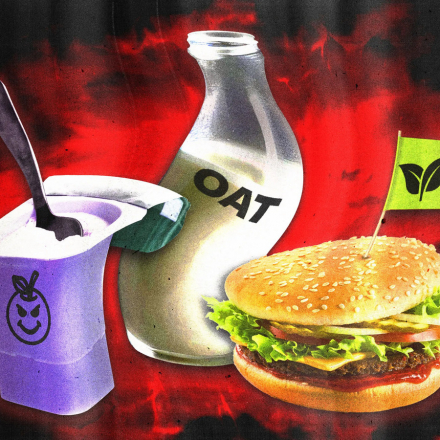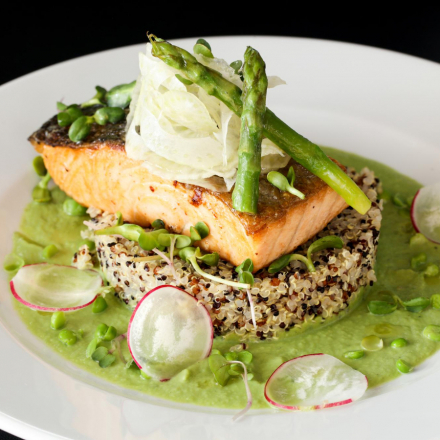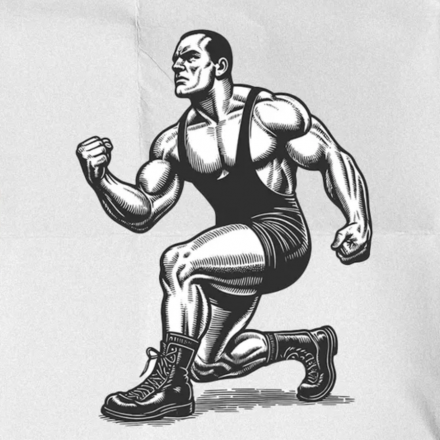Bulking season is when serious athletes and gym enthusiasts come alive, and the gym fills with familiar faces and the clatter of heavy weights. Trying to bulk for the first time? Sounds simple: eat more, lift heavy – done. But as always, reality is a bit more complex.
“Bulking means running a controlled calorie surplus combined with resistance training, with the goal of adding lean muscle mass,” explains David Higgins, an experienced London-based personal trainer with 18 years in the field. “It’s not a free-for-all eating fest, but a strategic phase. For many athletes and fitness models, autumn and winter are the ideal bulking periods.”
Indeed, shorter days and cooler weather make us more prone to larger meals, and a little extra weight – even a small layer of fat – helps keep us warm. Plus, hiding under a thick hoodie in the off-season is always easier.
Why Winter Is Ideal for Bulking
Farren Morgan, founder of the Tactical Athlete method, says: “Winter isn’t just the best time to gain mass, it’s also a chance to focus on strength and growth without aesthetic pressure. Shorter days and cooler temperatures boost appetite and support recovery.”
Add in biological factors – burning calories to stay warm, increased appetite, and a natural drive to find food – and you have a perfect environment for muscle growth. But remember: consuming more than 1.6 g of protein per kilogram of body weight per day doesn’t provide extra benefits.
The Benefits of a Well-Planned Bulk
A well-structured bulk lasts 8–16 weeks and not only increases strength but also improves recovery after workouts. “When you’re not in a calorie deficit, the risk of burnout is minimal,” adds Higgins. The ability to eat “well” also provides psychological motivation and a break from endless chicken and broccoli.
Watch Out for Pitfalls
The main mistake is “dirty bulking,” where calories are consumed indiscriminately. Cameron Harris of Truth Fitness warns: “Dirty bulking is the fastest way to lose your shape without gaining muscle.” Other potential issues include:
- Metabolic stress – large food volumes can strain the digestive system and increase inflammation.
- Hormonal/metabolic shifts – prolonged calorie surplus combined with low activity can reduce insulin sensitivity.
- Plateaus – muscles stop growing if training stimulus isn’t adjusted.
How to Bulk Correctly
- Heavy compound lifts: squats, deadlifts, bench press, pull-ups – 70–85% of your max for 6–12 reps.
- Upper/lower split: lower-body day – squats, Romanian deadlifts, lunges; upper-body day – bench press, rows, pull-ups.
- Recovery: 7–9 hours of sleep, scheduled breaks to manage fatigue. Muscle growth primarily occurs during rest.
Nutrition
Protein: 1.6–2.2 g/kg of body weight, spread across 5 meals. Creatine: 3–5 g/day for strength. Pre-workout: 20–40 g protein + 30–60 g carbs; post-workout: similar with moderate fats. If eating is tough, protein shakes work well. Don’t forget water and BCAAs.
What to Avoid
- Excessive calorie surplus.
- Relying solely on the scale – track waist size and weekly average weight instead.
- Skipping short cardio sessions 2–3 times per week.
- Ignoring load management – schedule deload weeks every 4–8 weeks.
Realistic Expectations
Don’t believe the hype about “a stone of muscle in two months.” For most people, 0.25–0.5 kg of muscle gain per week is realistic, which only requires an extra piece of steak or chicken per day. The key is simplicity, consistency, and eating food you will actually consume.


















